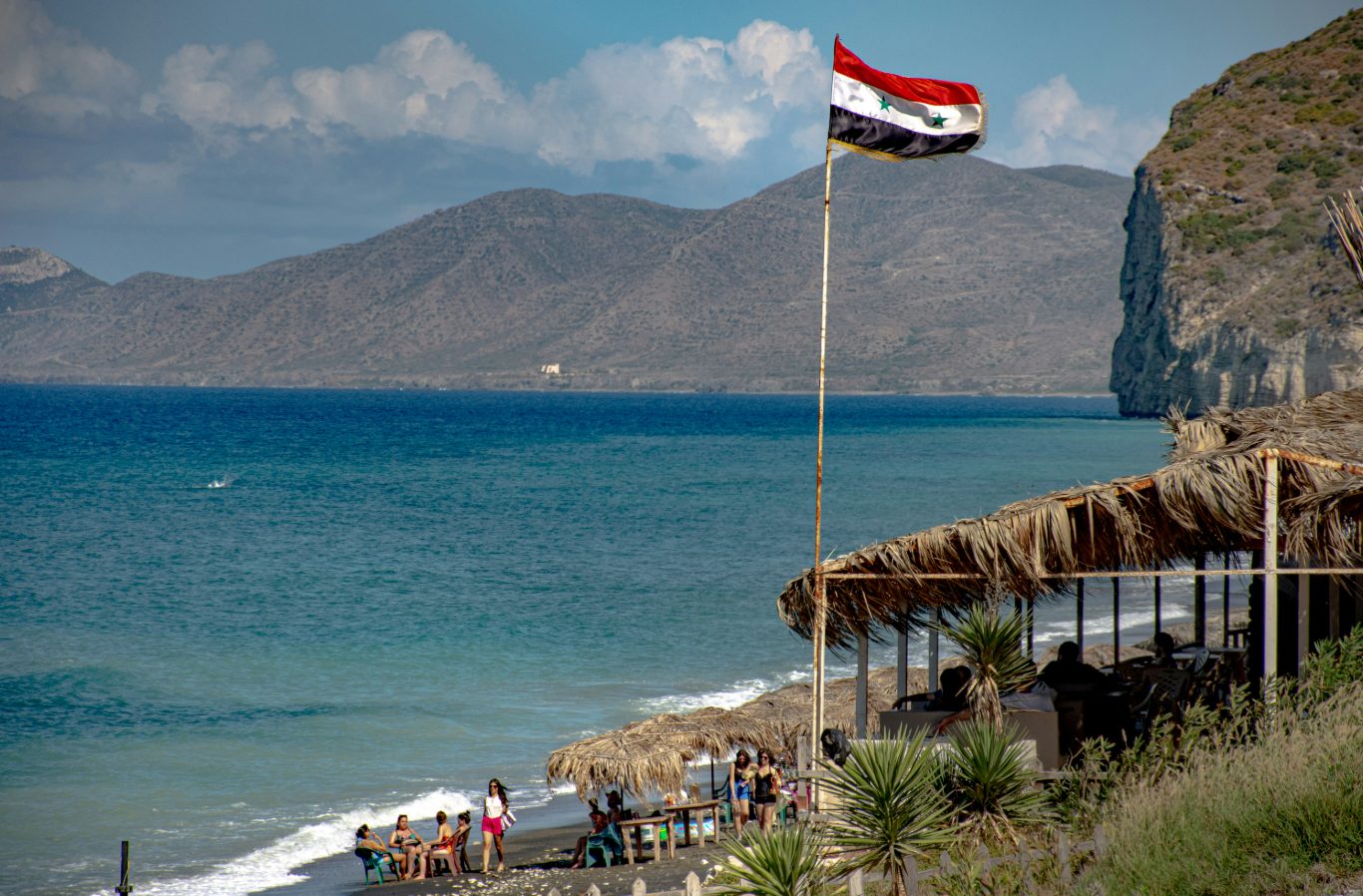
News writer James Wardle discusses the new Syrian temporary constitution, involving a potential development for further rights and peace in the country itself, following the overthrow of the Al-Assad regime
Trigger Warning: mentions murder and violence
14th March 2025 saw Syria’s interim president, Ahmed al-Sharaa, signing a temporary constitution for a five year transitional period. Previously serving as the leader of the Hayat Tahrir al-Sham (HTS), a Sunni Islamist group, Al-Sharaa was a driving force for the successful coup d’état against the Assad regime in Syria three months ago.
Al-Sharaa was a driving force for the successful coup d’etat against the Assad regime in Syria
Since Al-Assad’s departure, violence within Syria has continued. Earlier this month, loyalists of Al-Assad initiated attacks against police headquarters in Baniyas, a western coastal town. In response, Sunni militants and civilians went on a killing spree of Alawites across the west coast. When Al-Assad was in power, the Alawite community had formed the backbone of his regime. Civilian deaths from the conflict are estimated to range from 1000-1500, of which the majority were Alawites.
Many of the Sunni civilians who took part in the massacre had done so as an act of revenge against Al-Assad’s government. However, Al-Sharaa has claimed no responsibility in the attacks and has pledged that the perpetrators of the massacre must be held accountable.
Al-Sharaa’s militia is a development of the Syrian branch of Al-Qaeda, which stems from a branch of Salafist Islamism seen as unpopular even within the majority Sunni community. Sharaa appointed his HTS lieutenants to senior positions after disbanding the previous Syrian national army and the police service, a repeat of America’s catastrophic error in Iraq after Saddam Hussein’s fall.
Following the violent outbreaks in the coastal towns, Al-Sharaa initiated a move towards civil peace by forming a pact with Kurdish forces in northeast Syria (supported by US). This included a ceasefire and a merging of their armed forces with the central government’s security agencies. Yet the lack of control over his own militia has signalled a desperate need for a constitution to resolve internal conflict.
The process began during a national dialogue conference last month, after which Al-Sharaa appointed a committee responsible for creating the first draft. Though the contents of the constitution aim at a more peaceful and hopeful future for Syria, the Kurdish forces have stated that it ‘contradicts the reality of Syria and its diversity’.
The temporary constitution clearly lays out rights and laws that citizens of Syria are entitled to. The religion of Syria will remain Islam, with Islamic law being the foundation of the legislative system. The constitution guarantees ‘freedom of opinion, expression, information and press’ hand in hand with the right of education and work for women, having complete ‘social, economic and political rights’. However in a self-declared state of emergency, the president has the power to grant himself executive power over the law.
The temporary constitution clearly lays out rights and laws that citizens of Syria are entitled to.
Europe and the US are still reluctant to lift the harsh sanctions in place from Al-Assad’s rule until Syria’s new government proves themselves to be tolerant of ethnic minorities and more inclusive in its political system. Many are still sceptical of Al-Sharaa’s intentions because of his history with Al-Qaeda – during which time he was known by the nom de guerre Al-Julani. Yet since then, he has attempted to reinvent his image and portray himself as a more moderate figure. The constitution is therefore crucial in securing the populace’s faith in their new government and leaders, as well as creating a more peaceful, tolerant and stable future for Syria.
Check out more recent News articles below:
Hundreds Protest Against £148m Council Cuts
Comments